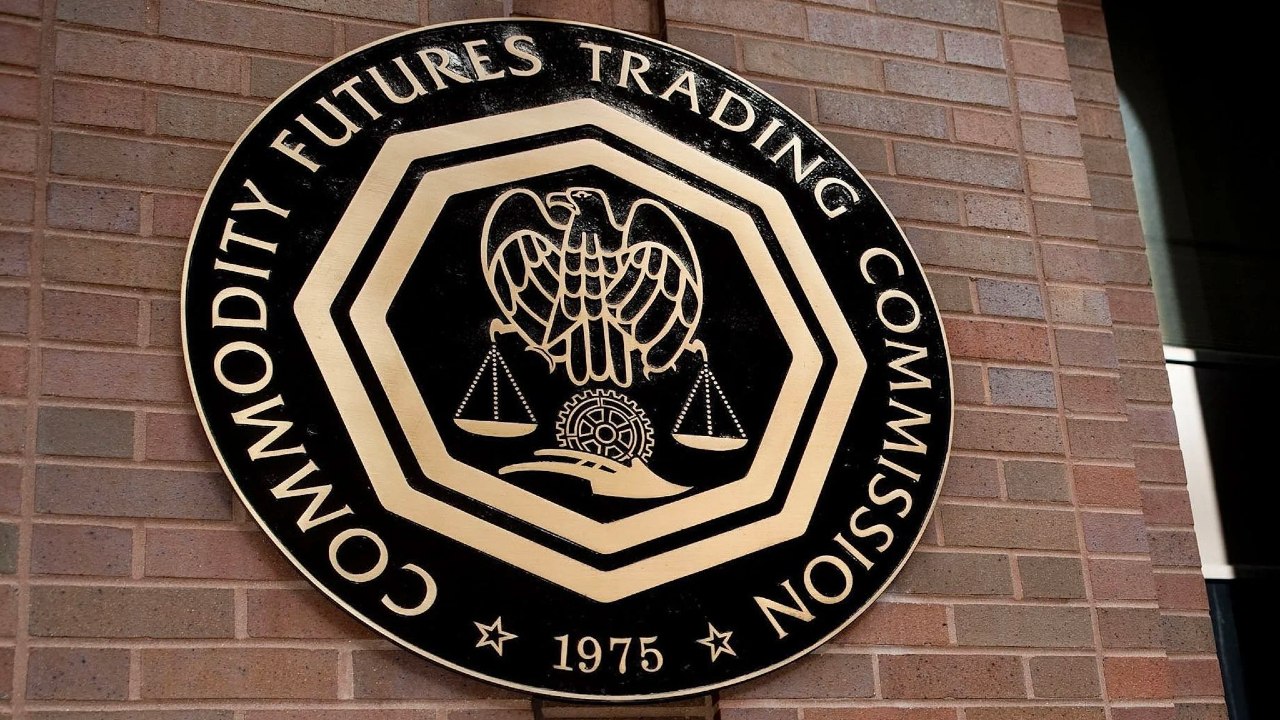The Untouchables, a film produced in 1987, contains a memorable and emotional scene in which Malone, shot by Capone’s gang, lies dying. In his final moments, while spitting up blood, he shows Elliott Ness a paper with the train schedule for the mob’s bookkeeper and utters the famous phrase, “What are you prepared to do about it?”
I believe that financial advisors need to ask themselves, each other and their clients the same question now. We’re seeing upheaval in financial markets, uncertainty in banking, a war in Europe, protests, an Axis alliance of China and Russia with Iran and India, inflation and higher interest rates and the U.S. government trying to regulate crypto off American soil.
Most of us are tired of the bad news. Some of us complain about it to each other, as well as on Twitter or LinkedIn. Personally, I got caught up and complained as well – and then my astute wife asked me how we’re preparing. Funny, I hadn’t gone through that exercise yet. However, for financial advisors, this is exactly what clients will ask, and where you can provide the next wave of value.
You’re reading Crypto for Advisors, a weekly look at digital assets and the future of finance for financial advisors. Subscribe here to receive the mailing every Thursday.
The value waves
Financial professionals seem to always evolve their value proposition.
Their initial approach involved stock picking and brokering, but as algorithms eroded alpha opportunities, they shifted their focus to portfolio diversification. Then, their focus turned to financial behaviors – helping clients determine how to save, how much to save and in what vehicles. More recently, we have seen a focus on providing more education to clients by producing and distributing more content.
Each of these value waves came with a technology that disrupted the financial advisor market by bringing the value directly to the retail investor. Stock brokers were upset by online discount brokers and the emergence of robo-advisors and auto-rebalancing. And financial advisors were challenged by apps like Mint and Acorns, which provide budget planning and tracking.
I think the next wave of value for advisors to provide to their clients is in preparation for the financial future.
“Well, duh, Adam. That’s the advisor’s job anyway,” you might say. However, the difference here is in my definitions of preparation and financial future.
The past, present and future
For the past several decades, much of the planning has been built around several constants, which made the ability to add and subtract tools with relative ease.
In only the last few years we have seen these constants challenged by several factors, and I think these challenges will continue:
We have seen inflation growth at near wartime rates. Interest rates had the fastest rise on record and caused banks to have negative equity, leading to bank runs and the need for the FDIC and the Fed to promise deposit guarantees above the $250,000 FDIC standard.
We’ve lost more trust in our Western-style democracies, as evidenced in the U.S., France, Germany and Israel, as government officials (some elected, some appointed) have started making regulation and enforcement changes without due process. This has included the closing and sanctioning of bank accounts often through no or little fault of the account holder.
This all leads to a handful of questions about the future:
Where crypto fits in
For years the people that discussed crypto were talking about financial and political occurrences that were more theoretical. However, in the past year, those theories have become realities – so maybe more people will start listening and taking crypto more seriously.
Several of the problems I’ve pointed to above could be solved partially or completely via crypto rails: an asset to act as an inflation hedge – bitcoin; a way to hold assets outside a bank – self-custody; a non-correlated asset class – crypto.
In addition, I can honestly say I understand the economy and financial system so much better as a result of my crypto study and knowledge. We have been spoon-fed our current financial system to the point that we don’t question much of it at all. We just agree that it works. Learning crypto will help anyone gain a better understanding of the global financial system (and feel increased angst with such knowledge).
Advisors preparing themselves and their clients for the future will probably involve some advanced thought about the economy and capital markets – as well as an open mind. It will involve geographic and custodial diversification – holding my assets in multiple jurisdictions (Switzerland) and technologies (wallets). The future financial plan will regularly include discussions of multiple income streams, as well as the possibility of living abroad for some time.
In the past, financial planning involved reducing investment risk in a portfolio. In the future, it will include reducing the risk of wealth disappearing in a bank run, government seizure and hyperinflationary period. It will also include reducing the risk of getting caught in a crypto scam.
I don’t think crypto, DeFi, Bitcoin and Web3 are the answer to everything. I do think the technology will be pervasive and will change the financial planning conversations, beyond simply whether to buy and hold bitcoin.
Recommended for you:
- El Salvador Grants First Digital Asset License to Bitfinex
- How U.S. Judges Might Save Crypto From the SEC
- Calm Before the Storm: Is UK’s Financial Watchdog Gearing Up for Enforcement Action?
- Join the Most Important Conversation in Crypto and Web3 in Austin, Texas April 26-28
If you’re a financial professional, are you dismissing all the rapid and massive changes to the micro and macro economy and systems and assuming we go back to the world we knew a decade ago? Or are you paying attention to the movements and preparing yourself and your clients for the world in which they might need to use their money?







